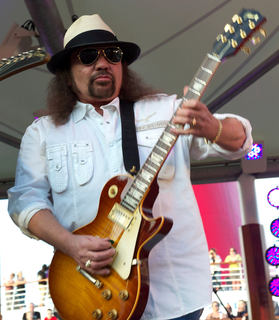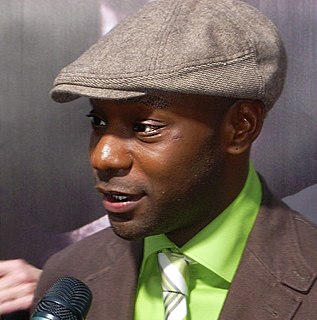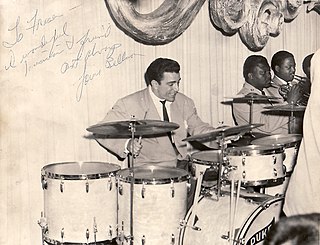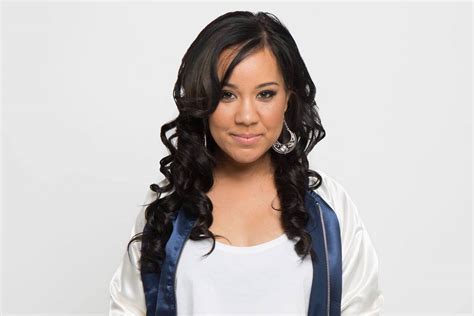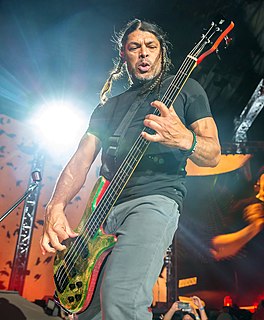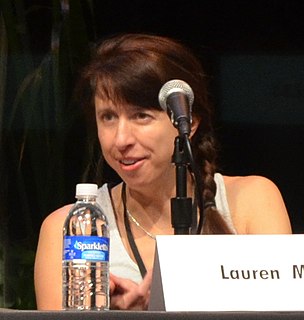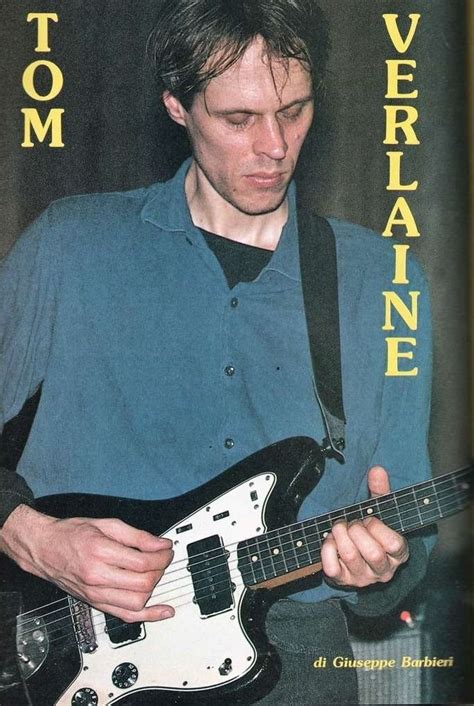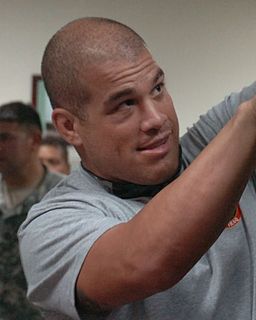A Quote by Gary Rossington
Jacksonville back in the 1960s was kind of a redneck town. There were only two or three places where you could play our kind of hard rock - or 'hippie music' as it was called back then. You had to go to Georgia or some place else.
Related Quotes
Our redneck reputation back then was originally just because we had long hair. Back in the '60s and the early '70s, in the South that was kind of a no-no. At all the Army and Navy bases we'd play, we would get into fights with the soldiers over our hair. But I think our music overshadowed everything else.
The ethos of 50 years ago was that there was one kind of English that was right and everything else was wrong; one kind of access that was right and everything else was inferior. Then nobody touched language for two generations. When it gradually came back in, we didn't want to go back to what we did in the 1950s. There's a new kind of ethos now.
I'm not sure if it's because I'm older and I'm thinking about family more, but I'm trying to set up this thing where I can play in one city for a month, and then write music for a couple months, then play in another city for a month, write music for a month. Just so it's not these two schizophrenic, Jekyll and Hyde kind of things; you don't have to be this monster. You get inspired and you can go write one song from that, and then you go back and play a few shows. If I could've done that in the 90s, I would have.
We were never a band that did 96 takes of the same thing. I had heard of groups that were into that kind of excess around that time. They'd work on the same track for three or four days and then work on it some more, but that's clearly not the way to record an album. If the track isn't happening and it creates some sort of psychological barrier, even after an hour or two, then you should stop and do something else. Go out: go to the pub, or a restaurant or something. Or play another song.
My father owned a music store when I was growing up in Rock Falls, Illinois. He could play all the instruments, which you had to do when you owned a music store back then. One day, when I was three years old, he took me to a parade. When the drums passed by, I got so excited I told him wanted to learn to play them.
I don't think anyone aims to be typical, really. Most people even vow to themselves some time in high school or college not to be typical. But still, they just kind of loop back to it somehow. Like the circular rails of a train at an amusement park, the scripts we know offer a brand of security, of predictability, of safety for us. But the problem is, they only take us where we've already been. They loop us back to places where everyone can easily go, not necessarily where we were made to go. Living a different kind of life takes some guts and grit and a new way of seeing things.
I buy a lot of cookbooks. Some of them you just kind of read, and you try one recipe, and it doesn't really work. So then you don't go back to it. The new Ina Garten cookbook, which is called 'Back to Basics,' I have not had a failure with. It is the most fantastic cookbook. I think I bought 20 copies of it for friends.
I write a lot of more instrumental music than I do vocal music. It's because I come out of a background of playing piano and then playing sax for a number of years. I kind of got into rock backwards. A lot of guys go into rock and then get sick of it and then go into something else. I came the other way, so I've always just had a lot more stuff lying around.
